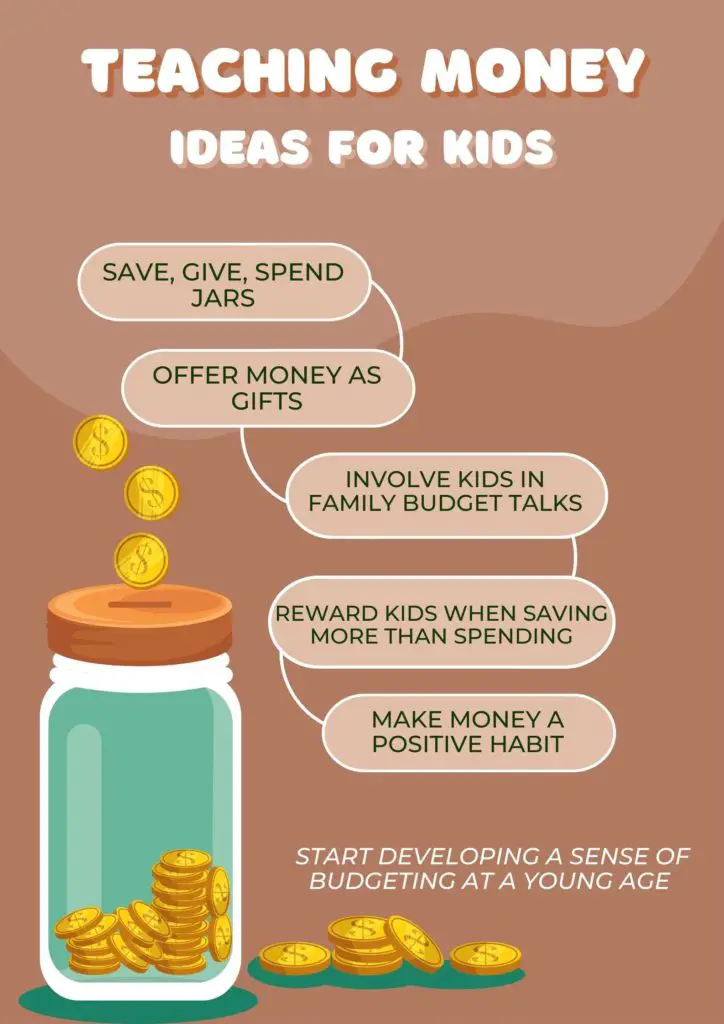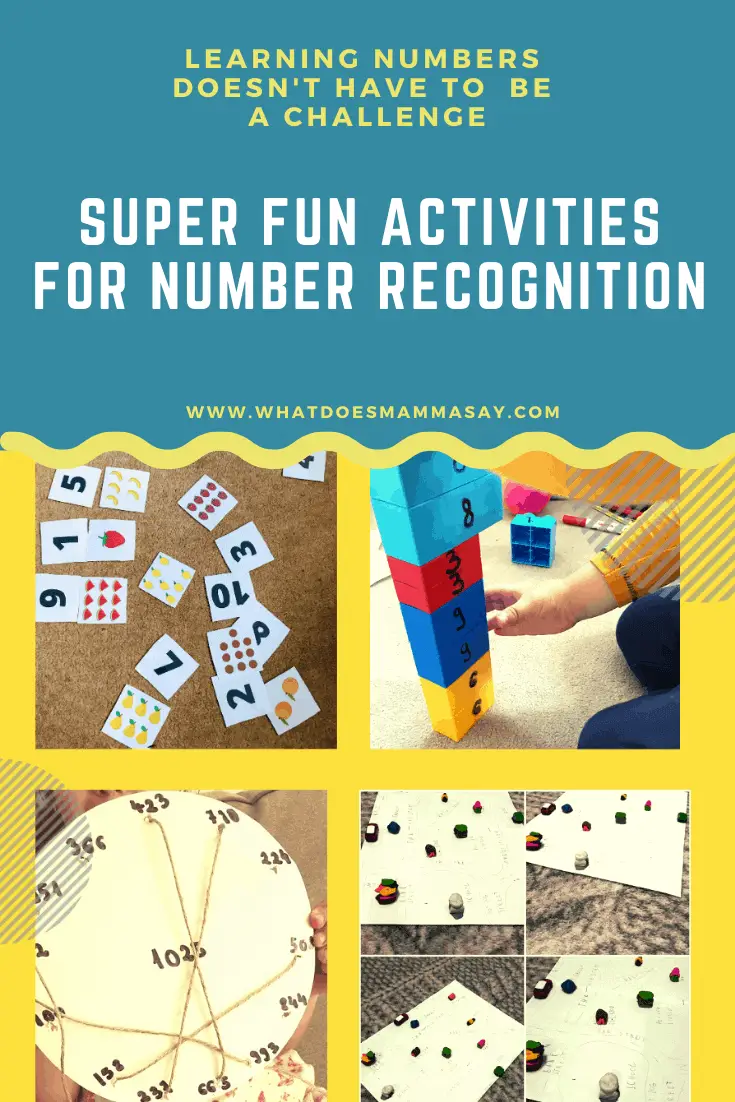Money management is one key aspect of a person’s life, so if parents start teaching money to their kids at a young age, it lays a strong foundation for them in dealing with money matters.
In this blog, we will discuss how teaching money management to kids can start at an early age. It is a well-known saying that money does not grow on trees.
Kids should know how to spend and save money, which ultimately forms a habit as they grow old. Kids must understand how money is earned, and they should never assume that it is something they can spend without giving a thought to it.
Teaching money: 3 dimensions
Giving, saving, and spending are the three basic principles of money. This should be taught to kids in order to learn it whenever they deal with money.
Giving means when money is given to someone who is needy and unprivileged. This develops a sense of charity in kids, and they hold this as a value in later years.
Saving and spending are related to the money which is given to kids as their pocket money or monthly allowance. They must be taught well so that they develop the habit of saving and don’t overspend.

If parents are rich, that doesn’t mean that kids undermine the value of money. They must understand that once money is gone, it is gone. The kids might make mistakes, but it is important for them to learn so that they cultivate a sense of money management.
Pragmatic approach to teaching money matters to kids
The learning of money management should be logical and practical. So sometimes parents need to test how well the kids are learning the art of using or spending money.
Also, the one-size-fits-all approach doesn’t work with kids. Some kids (especially kids dealing with autism spectrum disorder) have they own way of understanding financial matters.
Young kids can only be taught about this when they do apply the three principles in a tangible manner. Here are some ways in which money management can be explained to the kids:
Having Three Piggy Banks
Rather than having one piggy bank, kids must be given three piggy banks labelled spend, save and give, respectively. Whenever they get the money, they should be encouraged to split the money in these three piggy banks.
The sense of how to split the money develops as they practice it on a regular basis. Parents can help their kids if they get confused in the starting months.
Involve Kids in Family Budget Talks
Family budgeting is one thing where kids should be encouraged to get involved in when teaching money matters. The discussions regarding bills and payment should be done in front of them if they are not too young and their participation must be ensured.

Open discussions about family budgets give kids an idea about how important money matters for the whole family, and they start developing a sense of budgeting at a young age.
Make Kids Part of the Online Paying of Bills Process
As most payments nowadays are done using online systems, so kids should be given an idea of how it is done. It is both fun and makes kids understand the online payment procedures too.
Encourage Budget-Based Decisions by Giving Cash
In place of giving gifts to the kids on their birthdays or special days, the parents should give them cash and let them spend it. Limit the amount of money according to what they need and see how they do the budgeting part for their gifts and purchases.
Other good ideas are giving allowance for the household chores kids help their parents with and rewarding kids when they save more and spend less.
Parent’s role in teaching money to kids
Kids learn from adults as they usually imitate their behavior. It is therefore important for parents to handle money matters in a way they would like their kids to learn from them as a positive habit.
Kids closely watch their parents whenever they spend and how much they spend. Parents should therefore make it a habit to always explain to their kids that why and how much they are spending.
Whenever they go out or even at home while doing online shopping or paying bills, parents must teach kids how money works in the real world.
The kids who are older can be taught about how credit works by using a secured credit card. Spending should always be done with caution. Saving must be done diligently.

Investing should be done wisely and thoughtfully. Giving should be done generously. If kids learn these four aspects of money management, they are bound to inculcate good sense when it comes to money matters.
Teaching money to kids of different age groups
Money matters take time for kids to learn, so it is important to know what to teach and at what age. Here, we explain how kids of different age groups can be taught about money management.
Money matters for Kids up to 3 years
They should be given an idea about coins or printed notes. You can play games with them like buying from play store at home where you keep simple goods like cereal boxes, toys, clothes, etc. The basic teaching of commerce can be given at this age in a fun way.
Also read:

Money matters for kids aged between 4-5
This age group of kid are fast learners, so they can be involved in activities like shopping from a store. You can teach them to count the number of things bought and price paid. You need not get involved too much in mathematics, but you can teach them using coupons for the items bought.
Money matters for kids aged between 6-8
This is the age group where kids start getting little pocket money or allowances for small tasks they perform. They can start coin-collecting as a hobby. You can give them three piggy banks, as we mentioned earlier in the blog. They should be encouraged to save more and if they do so they must be rewarded to follow the same pattern.
Money matters for kids aged between 9-12
Kids of this age should be involved in activities like shopping. They should be asked to calculate amount spent, saved or given. You can encourage kids to open a savings account if the facility is available in the bank (as some banks allow kids to open savings accounts).
Money matters for kids aged between 13-16
Teenagers can be exposed to a lot of many activities relating to money. They should rather be involved in every budgeting talk or household money management. They must be motivated to give details of how they spend or save their money on a monthly basis. Kids of this age can also start to keep accounting for the money they are given.
Related articles:
Author
James Pipe is a child psychologist and writer for Quirky Kid. The article is reviewed by Dr Kimberley O’Brien. She is the principle Child Psychologist @ Quirky Kid. Dr Kimberley’s PhD thesis topic @ Monash University was “Belonging and socio-emotional wellbeing among students in the transition from primary to secondary school.”

Hi there! We are Cristina and Monica, moms, teachers and friends. Read more about us and our mission here.


